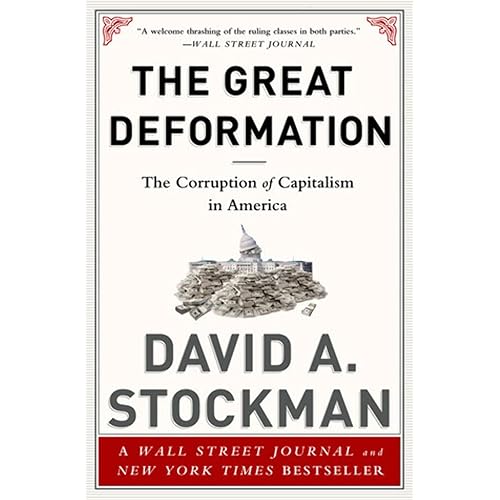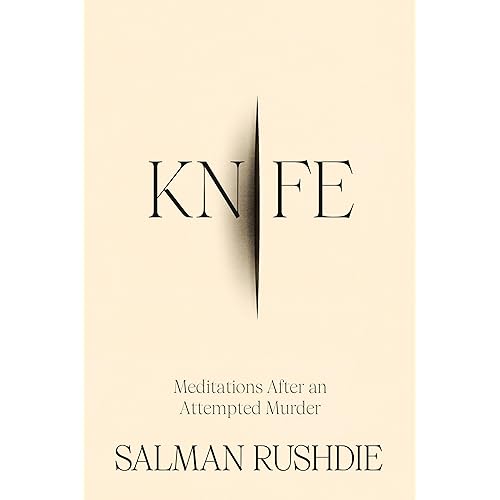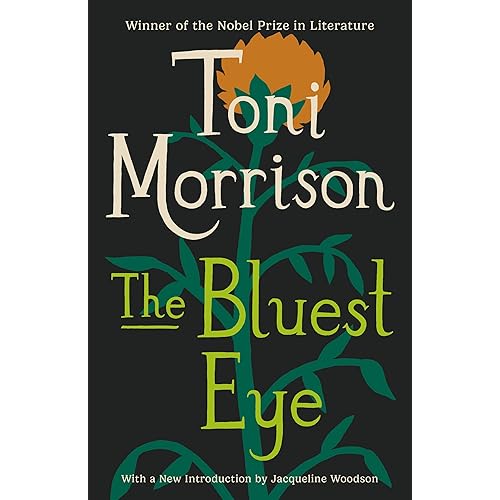

Buy Now, Pay Later
- – 4-month term
- – No impact on credit
- – Instant approval decision
- – Secure and straightforward checkout
Ready to go? Add this product to your cart and select a plan during checkout.
Payment plans are offered through our trusted finance partners Klarna, Affirm, Afterpay, Apple Pay, and PayTomorrow. No-credit-needed leasing options through Acima may also be available at checkout.
Learn more about financing & leasing here.
Selected Option
FREE 30-day refund/replacement
To qualify for a full refund, items must be returned in their original, unused condition. If an item is returned in a used, damaged, or materially different state, you may be granted a partial refund.
To initiate a return, please visit our Returns Center.
View our full returns policy here.
Recently Viewed
Format: Mass Market Paperback, Unabridged
Features
- Automatic extending 95 millimeter f14 lens with two focus zones (0.9 to 3 meter and 3 meter to infinity)
- Optical viewfinder. Tri-pod socket. Four size AA 1.5 V alkaline batteries (Best with Polaroid AA batteries). Dimensions- (not including protrusions) 6.6 x 3.7 x 4.7 inches
- Picture size 62 millimeter 99 millimeter, close-up lens for shots up to 40 centimeter from the subject. Shutter release- Programmed electronic shutter release, 1/64 sec - 1/200 sec. Power supply- Four size AA 1.5 V alkaline batteries (LR6), capacity - 10 film packs (Based on our test conditions)
- Light and dark control to help add high and low-key effects in the picture. Fill-in flash by flash-on button
- Works with Fujifilm Instax Wide Film only - ISO800. Film size: 3.38 x 4.25(inches), picture size: 2.44 x 3.9 (inches)
Description
Written 75 years ago, 1984 was George Orwell’s chilling prophecy about the future. And while 1984 has come and gone, his dystopian vision of a government that will do anything to control the narrative is timelier than ever... This 75th Anniversary Edition includes: • A New Introduction by Dolen Perkins- Valdez, author of Take My Hand, winner of the 2023 NAACP Image Award for Outstanding Literary Work—Fiction • A New Afterword by Sandra Newman, author of Julia: A Retelling of George Orwell’s 1984 “The Party told you to reject the evidence of your eyes and ears. It was their final, most essential command.” Winston Smith toes the Party line, rewriting history to satisfy the demands of the Ministry of Truth. With each lie he writes, Winston grows to hate the Party that seeks power for its own sake and persecutes those who dare to commit thoughtcrimes. But as he starts to think for himself, Winston can’t escape the fact that Big Brother is always watching... A startling and haunting novel, 1984 creates an imaginary world that is completely convincing from start to finish. No one can deny the novel’s hold on the imaginations of whole generations, or the power of its admonitions—a power that seems to grow, not lessen, with the passage of time. • Nominated as one of America’s best- loved novels by PBS’s The Great American Read • Read more
Publisher : Signet
Publication date : July 1, 1950
Language : English
Print length : 352 pages
ISBN-10 : 5
ISBN-13 : 35
Item Weight : 2.31 pounds
Reading age : 16+ years, from customers
Dimensions : 4.19 x 0.9 x 7.5 inches
Frequently asked questions
To initiate a return, please visit our Returns Center.
View our full returns policy here.
- Klarna Financing
- Affirm Pay in 4
- Affirm Financing
- Afterpay Financing
- PayTomorrow Financing
- Financing through Apple Pay
Learn more about financing & leasing here.
Top Amazon Reviews




















